
In which, the field of medicine and public health care is identified as one of the pillars of sustainable development, a central factor of social progress and human happiness.
Improving the quality of healthcare services, promoting digital transformation and applying artificial intelligence is not only an urgent task but also a strategic step, deciding the health, labor productivity and prosperity of the country. Our Party is determined to build a fair, high-quality, efficient and modern healthcare system - so that all people have access to advanced healthcare services, contributing to building a civilized, humane and prosperous society.
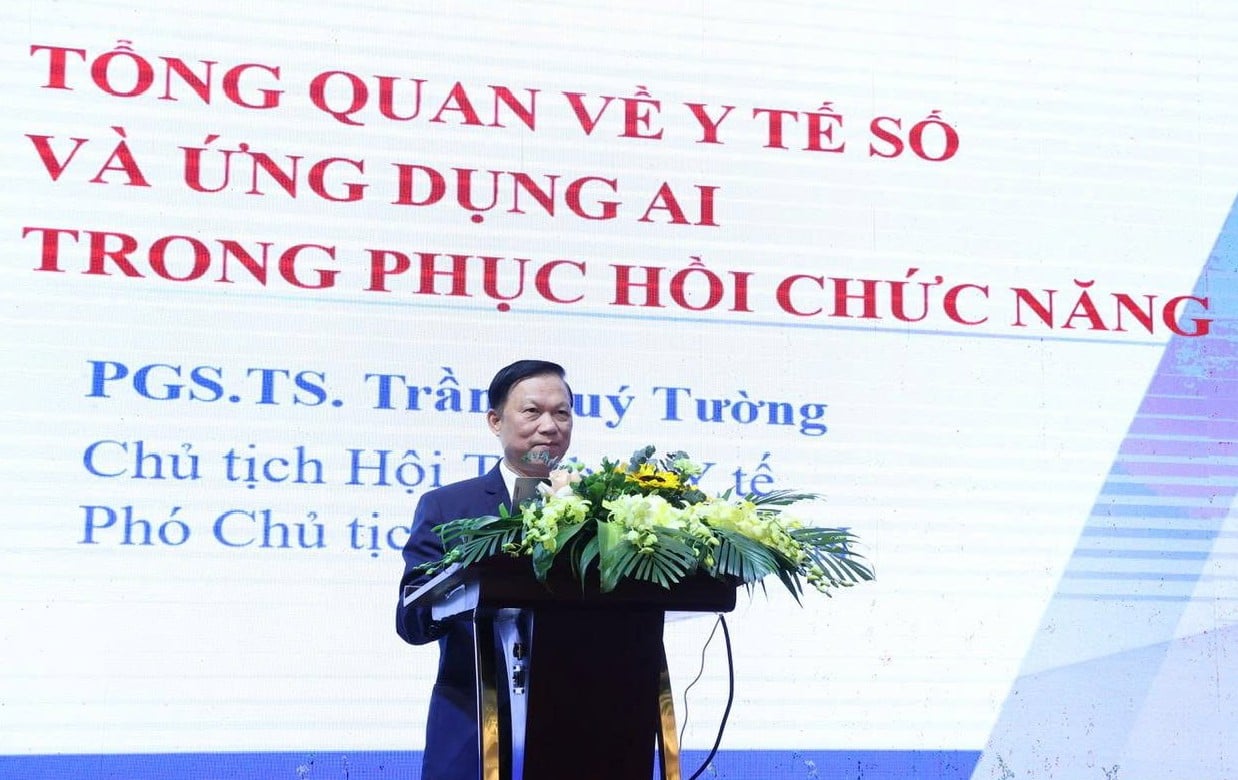
Associate Professor, Dr. Tran Quy Tuong, Chairman of the Medical Informatics Association.
Outstanding Health Achievements in the 2021–2025 period
The Draft Political Report of the Party affirmed: "The health care system and people's health care have made positive progress, quality has been improved, epidemics have been well controlled, and many advanced medical technologies and techniques have been mastered. Attention has been paid to implementing the system of connecting medical examination and treatment under health insurance. Private health care continues to develop. The health insurance coverage rate increased from 90.9% in 2020 to 95.2% in 2025. The average life expectancy and health index of the whole country have improved, in 2025 the average life expectancy from birth will be 74.8 years, the number of healthy years will be about 67 years."
Looking back over the past five years, despite being heavily impacted by the COVID-19 pandemic and profound global socio -economic fluctuations, under the leadership of the Party, the Vietnamese health sector has achieved many important and meaningful achievements.
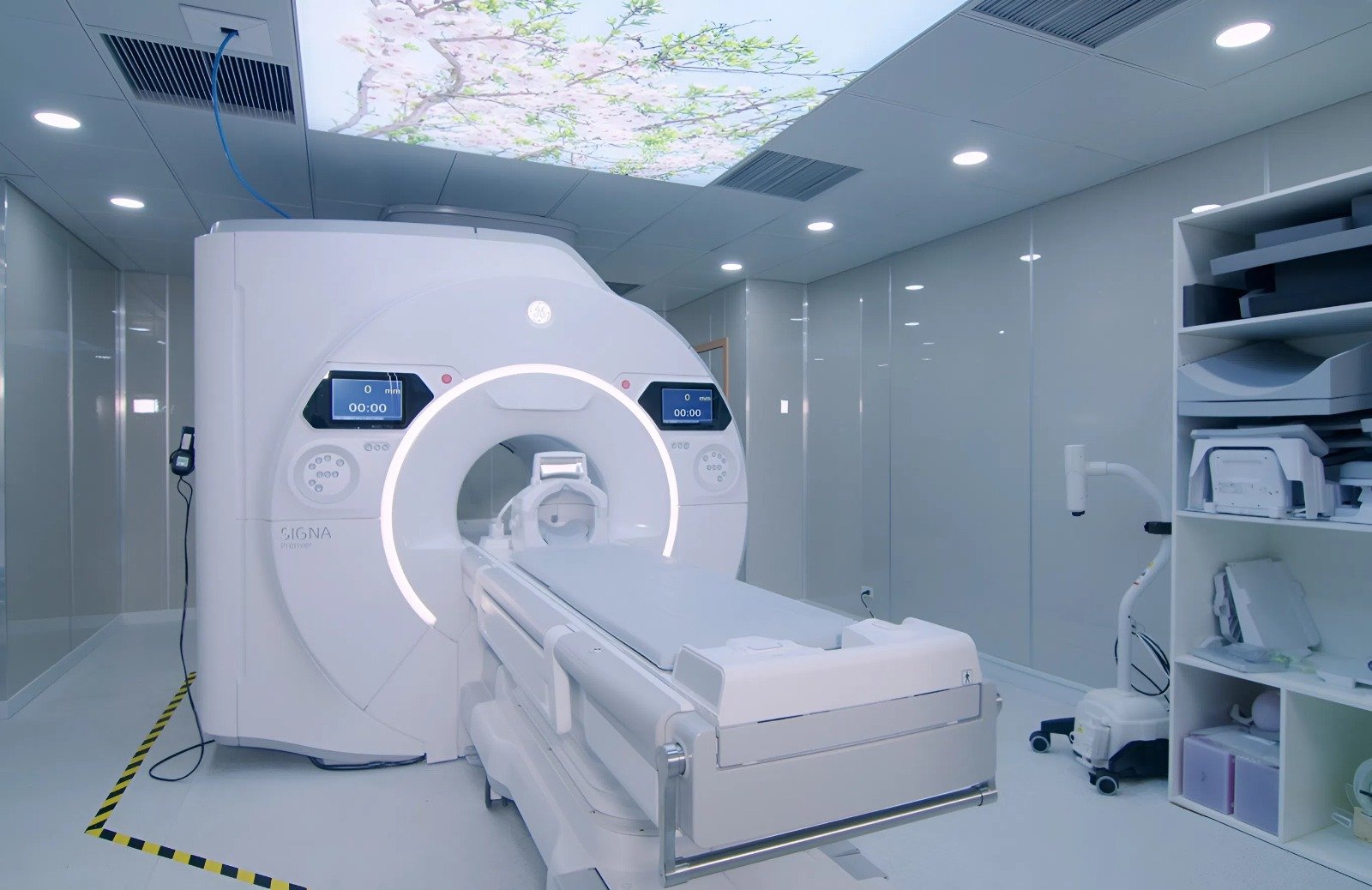
The 3.0 Tesla SIGNA Premier magnetic resonance system, the first high-end diagnostic imaging device, has just been deployed in the Southern region at Cho Ray Hospital. Photo: BVCC.
Disease prevention and control work has been implemented proactively, flexibly and effectively. Vietnam has controlled many dangerous epidemics well and has been highly appreciated internationally for its public health response capacity.
The medical examination and treatment system from central to grassroots levels has been consolidated; mastering many advanced techniques and medical technologies, such as robotic surgery, organ transplantation, cancer treatment with precise radiotherapy, imaging diagnosis with artificial intelligence (AI), application of gene technology and molecular biology in personalized cancer treatment, advanced techniques in the field of cardiovascular - respiratory - emergency resuscitation to save thousands of critical cases (such as artificial heart-lung technique - ECMO) successfully deployed at Cho Ray Hospital, National Children's Hospital, Bach Mai Hospital, Hue Central Hospital, ... helping to save the lives of hundreds of patients with respiratory failure, severe heart failure, pneumonia due to COVID-19, poisoning, acute myocarditis, ... Vietnam is currently among the few Southeast Asian countries that have completely mastered ECMO technique, without the need for foreign experts.
The policy of connecting medical examination and treatment under health insurance has been implemented synchronously, helping people access health services more conveniently. Private health care has developed strongly, contributing to reducing the burden on public health care. The rate of universal health insurance coverage will reach 95.2% by 2025, approaching the goal of universal health coverage.
From these results, it can be affirmed that in the recent challenging period, the Vietnamese health sector has maintained its confidence, affirmed its mettle and position in the cause of building and defending the Fatherland.
Limitations need to be frankly acknowledged
In addition to achievements, the Draft Political Report also pointed out limitations that need to be focused on overcoming: "Health care services still have many limitations, especially primary health care and preventive medicine." Some outstanding issues include:
- The quality of health services is uneven across regions; primary health care, especially at the commune level, is weak, lacking human resources and facilities. Preventive health care has not received adequate investment, and the capacity to monitor, forecast, and warn of epidemics has not met the requirements in the context of climate change and emerging epidemics.
- Financial mechanisms and hospital autonomy policies still have many problems; overcrowding in central hospitals still occurs. Digital transformation in healthcare is not strong, still scattered, lacking connectivity; health data has not been effectively shared nationwide.
- The medical staff, especially at the grassroots level and in disadvantaged areas, is still lacking in both quantity and quality, and there is no appropriate remuneration policy to retain and attract talented people. These limitations are bottlenecks that need to be resolved soon so that the Vietnamese medical sector can develop rapidly, sustainably and integrate deeply with the world.
Healthcare development orientation for the period 2026–2030
During the 2026-2030 period, our Party affirmed its determination to achieve "a Human Development Index (HDI) of about 0.78; average life expectancy from birth of about 75.5 years, of which healthy life expectancy is at least 68 years."
Our Party has identified major orientations for health development as: "Building a fair, high-quality, effective and sustainable health system; focusing on improving the quality and skills in disease prevention, examination and treatment, and controlling epidemics. Effectively implementing the National Target Program on health care, population and development. Improving the quality and efficiency of the health service delivery network from the central to grassroots levels to respond to changes in disease trends and universal health care coverage; all people have access to and use quality primary health care services and receive free health check-ups at least once a year. Strive to achieve the goal of basically having no poor households and basically exempting hospital fees for all people by 2030."

Vaccination at the Ward Health Station of Hanoi. Photo: Dieu Linh.
As someone who has been involved in policy making and digital transformation of healthcare for many years, I completely agree with and deeply support the orientations stated in the Draft Political Report and Resolution No. 72-NQ/TW of the Politburo dated September 9, 2025 on "some breakthrough solutions to strengthen the protection, care and improvement of people's health". Accordingly, it is necessary to strongly shift from the mindset of curing diseases to the mindset of disease prevention, considering preventive medicine and primary health care as the foundation. Invest in commune and ward health stations, develop a network of family doctors so that each person can manage their health throughout their life.
At the same time, it is necessary to promote the digital transformation of national health, invest in the development of digital health technology, complete the electronic health records of the entire population, use electronic medical records in all medical examination and treatment facilities, develop the model of digital hospitals, digital doctors, maintain good public services throughout the process, build a Health Data Platform and a National Health Data Center. Strongly apply AI, Big Data and Internet of Things (IoT) in diagnosis, treatment, disease forecasting and personalized health care. These are the keys to paving the way for modern, humane and smart health, towards comprehensive, continuous and lifelong health care, all people have electronic health management and access to quality health services.
The health sector needs to steadfastly develop in the direction of "Smart Health - Digital Data - People at the Center". A humane, modern and sustainable health system not only requires advanced technology, but first of all, must have people - doctors with heart, vision and professional ethics. There needs to be a breakthrough policy on health human resources, including training, in-depth training, rotation of doctors to the grassroots, and at the same time, special treatment for staff working in remote areas. All mechanisms and policies must aim towards the ultimate goal: "People receive the best and fairest health care, right where they live."
In the new context, the successful implementation of the strategic tasks stated in the Political Report of the 14th National Party Congress and Resolution No. 72-NQ/TW of the Politburo is not only the responsibility of the health sector, but also the common task of the entire Party, the entire people, the entire political system, the business community and the people — joining hands to build a modern, equitable, effective and sustainable Vietnamese health care system. With firm belief in the Party's leadership and the aspiration to develop a prosperous and happy country, we have every reason to believe that by 2030, Vietnam will successfully build an advanced, humane, people-centered health care system — for the health and happiness of the Vietnamese people.
Source: https://suckhoedoisong.vn/gop-y-du-thao-van-kien-trinh-dai-hoi-xiv-cua-dang-xay-dung-he-thong-y-te-viet-nam-cong-bang-chat-luong-hieu-qua-va-ben-vung-169251105231742197.htm


![[Photo] Closing of the 14th Conference of the 13th Party Central Committee](https://vphoto.vietnam.vn/thumb/1200x675/vietnam/resource/IMAGE/2025/11/06/1762404919012_a1-bnd-5975-5183-jpg.webp)
![[Photo] Prime Minister Pham Minh Chinh receives the delegation of the Semiconductor Manufacturing International (SEMI)](https://vphoto.vietnam.vn/thumb/1200x675/vietnam/resource/IMAGE/2025/11/06/1762434628831_dsc-0219-jpg.webp)




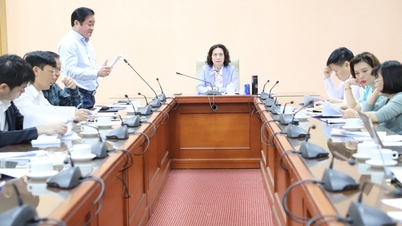


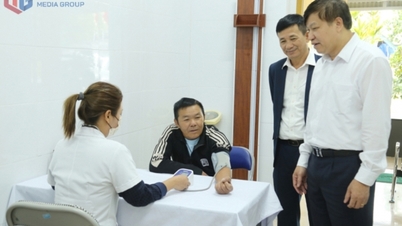


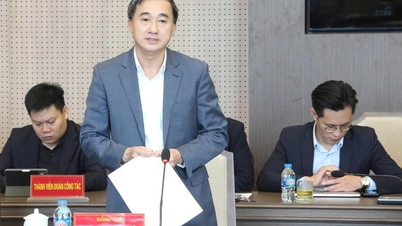
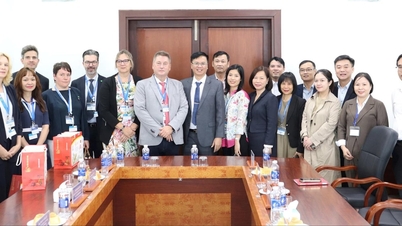




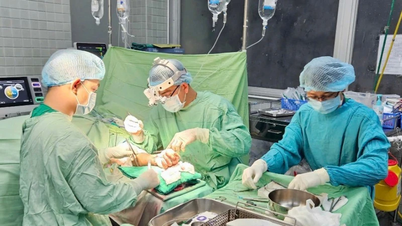



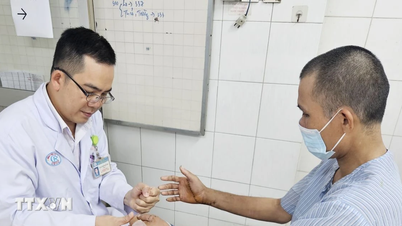





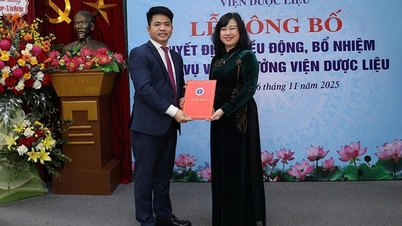

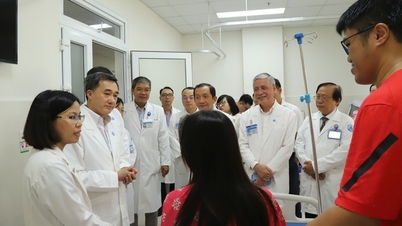


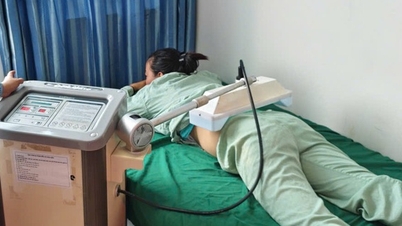










































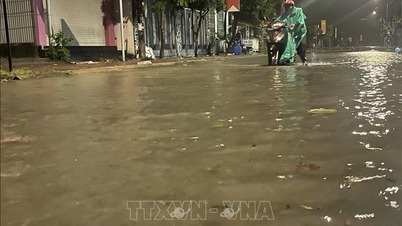












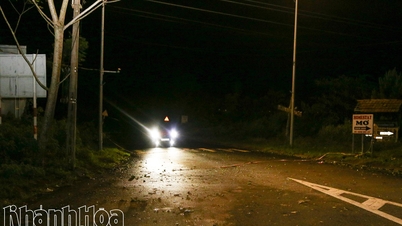

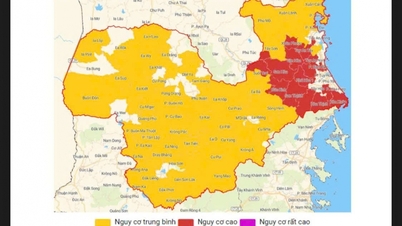



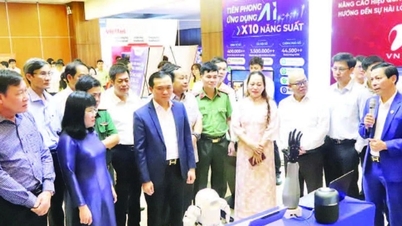
















Comment (0)